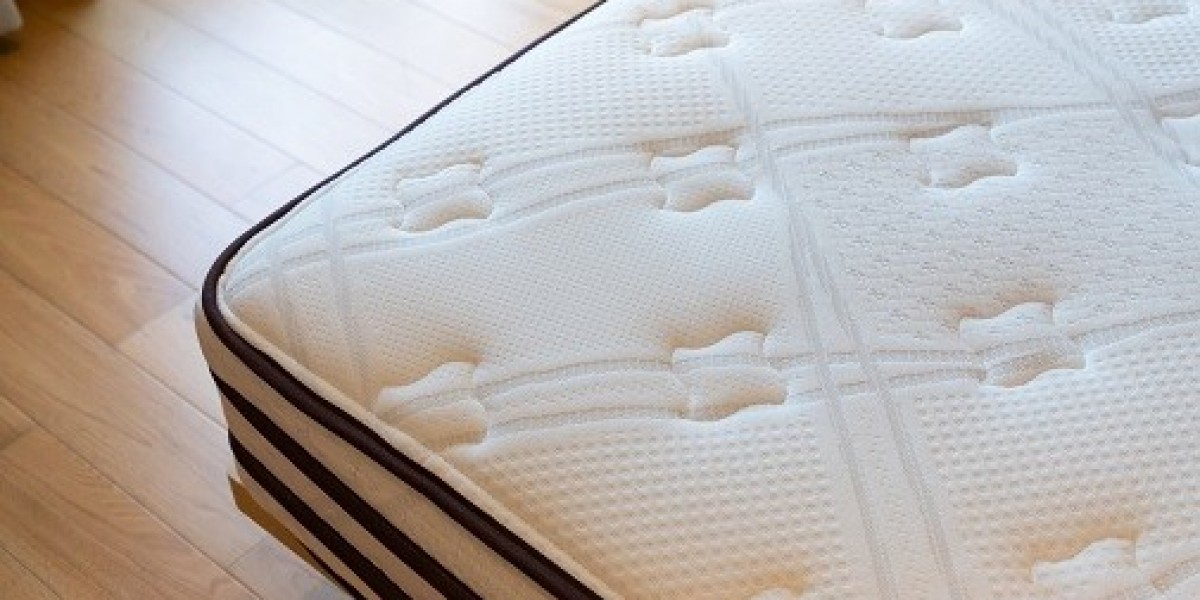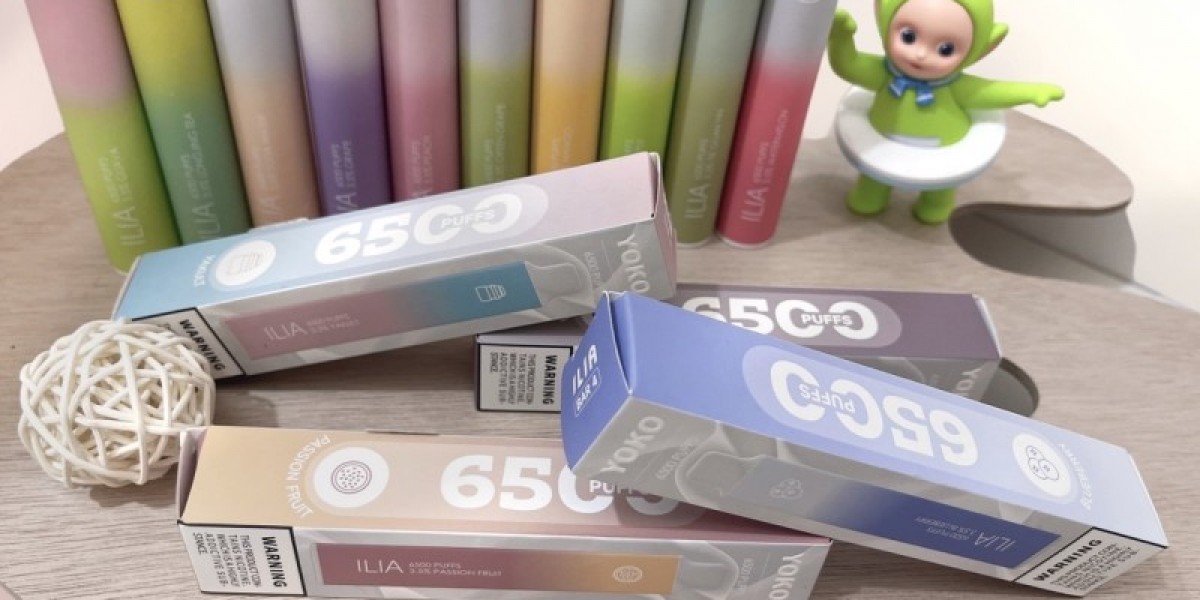Introduction to Polyether Polyols and Viscoelastic Foam
Welcome to our blog! Today we are diving into the world of eco-friendly materials and exploring the sustainable choice ofpolyether polyols in viscoelastic foam. In a time when environmental consciousness is at its peak, it's crucial to make informed choices that benefit both our planet and future generations.
Viscoelastic foam, commonly known as memory foam, has gained immense popularity for its unparalleled comfort and support. However, behind this luxurious material lies an opportunity to prioritize sustainability without compromising on performance. By incorporating polyether polyols into the production process, manufacturers can create viscoelastic foam that not only provides exceptional comfort but also contributes to a greener future.
Join us as we explore the benefits of using polyether polyols in viscoelastic foam, delve into sustainable manufacturing practices employed by leading companies like Jiahua Chemicals, and analyze the positive environmental impact of embracing these eco-friendly alternatives. It's time to elevate your sleep experience while keeping Mother Earth happy let's get started!
The Benefits of Using Polyether Polyols in Viscoelastic Foam
Viscoelastic foam, also known as memory foam, has become increasingly popular for its ability to provide optimal comfort and support. This unique material is used in mattresses, pillows, and even footwear. However, the manufacturing processes involved in creating viscoelastic foam can have a significant impact on the environment.
To address this concern, companies like Jiahua Chemical have developed sustainable alternatives for producing viscoelastic foam by incorporating polyether polyols. These eco-friendly materials offer numerous benefits that make them an ideal choice for manufacturers looking to reduce their environmental footprint.
One of the main advantages of using polyether polyols is their renewable nature. Unlike conventional petroleum-based products, these polyols are derived from plant-based sources such as vegetable oils or soybeans. By utilizing renewable resources instead of fossil fuels, we can significantly decrease our dependence on non-renewable energy sources.
In addition to being environmentally friendly, polyether polyols also enhance the performance properties of viscoelastic foam. They contribute to improved durability and resilience while maintaining excellent cushioning and pressure-relieving capabilities. This means that consumers can enjoy long-lasting comfort without sacrificing sustainability.
Furthermore, using polyether polyols in viscoelastic foam production results in reduced emissions of volatile organic compounds (VOCs). VOCs are harmful pollutants that can negatively affect air quality both indoors and outdoors. By minimizing VOC emissions through the use of eco-friendly materials like polyether polyols, we can create healthier living environments for ourselves and future generations.
Overall, Eco-Friendly Viscoelastic Foam made with Polyether Polyol offers many advantages over traditional foams. It not only provides exceptional comfort but also helps reduce our impact on the environment. With sustainable manufacturing practices and reduced VOC emissions,polyether-polyol-based foams are paving the way towards a greener future.
Sustainable Manufacturing Practices Used in Producing Polyether Polyols
In today's environmentally conscious world, industries need to adopt sustainable practices. The production of polyether polyols, used in the manufacturing of eco-friendly viscoelastic foam, is no exception. Manufacturers like Jiahua Chemical have taken significant steps towards sustainability.
One key practice is the use of renewable raw materials. Instead of relying solely on fossil fuels and petrochemicals, manufacturers are incorporating bio-based feedstocks such as vegetable oils or biomass-derived sugars into their production processes. This not only reduces dependence on finite resources but also helps lower carbon emissions.
Another sustainable approach is energy efficiency. By implementing advanced technologies and optimizing production processes, manufacturers can minimize energy consumption during the synthesis and purification stages. This results in reduced greenhouse gas emissions and less strain on natural resources.
Waste management plays a crucial role as well. Adopting circular economy principles, manufacturers strive to minimize waste generation by reusing or recycling by-products from the production process wherever possible. Additionally, they employ responsible disposal methods for any remaining waste to prevent environmental harm.
Water conservation is another key aspect of sustainable manufacturing practices. Utilizing closed-loop systems allows for efficient water usage and minimizes wastewater discharge into local ecosystems.
Furthermore, many manufacturers prioritize reducing their carbon footprint through measures such as utilizing clean energy sources or offsetting emissions through various initiatives like reforestation programs or investing in renewable energy projects.
By embracing these sustainable manufacturing practices, companies like Jiahua Chemical contribute to a greener future while ensuring the production of high-quality polyether polyols for use in eco-friendly viscoelastic foam products.
Environmental Impact of Using Polyether Polyols
When it comes to considering the environmental impact of using polyether polyols in viscoelastic foam, it's important to take a holistic approach. While these materials offer numerous benefits, such as comfort and durability, it is crucial to examine their potential effects on our planet.
One key aspect to consider is the production process of polyether polyols. Many manufacturers are now implementing sustainable practices to minimize energy consumption and reduce carbon emissions. This includes utilizing renewable energy sources, optimizing production efficiency, and minimizing waste generation.
Additionally, the use of polyether polyols in viscoelastic foam can contribute positively towards reducing overall waste. By providing long-lasting comfort and durability, products made with these materials have a longer lifespan compared to traditional foams. This reduces the need for frequent replacements and helps lower the amount of foam ending up in landfills.
Moreover, some manufacturers are also exploring ways to incorporate recycled content into their polyol formulations. This further enhances the sustainability quotient by repurposing post-consumer or post-industrial waste streams that would otherwise end up polluting the environment.
While there may be certain concerns regarding chemical additives used during manufacturing processes, reputable companies like Jiahua Chemical prioritize consumer safety through rigorous testing and compliance with regulations. It is essential for consumers to choose products from trusted brands that prioritize eco-friendly practices throughout their supply chain.
By using environmentally friendly materials like polyether polyols in viscoelastic foam production and embracing sustainable manufacturing practices across all stages of production, we can make a significant positive impact on our planet while still enjoying high-quality comfort products. Let's continue moving towards a more sustainable future together!
Conclusion: Transitioning to Eco-Friendly Materials for a Better Future
As we continue to prioritize sustainability and environmental preservation, it becomes crucial to make conscious choices when it comes to the materials we use. Polyether polyols in eco-friendly viscoelastic foam offer a promising solution that aligns with these objectives.
By incorporating polyether polyols into viscoelastic foam production, manufacturers can enjoy numerous benefits. Not only does this material provide exceptional comfort and support, but it also exhibits excellent durability and resilience. Furthermore, by using sustainable manufacturing practices in producing polyether polyols, companies can reduce their carbon footprint and contribute positively towards a greener future.
The environmental impact of using polyether polyols is significantly lower compared to alternative materials. With fewer emissions during production and minimal waste generation, this material proves to be an eco-friendly choice. Additionally, its recyclability further emphasizes its sustainability credentials.
As consumers become more aware of the importance of sustainable living, there is an increasing demand for products that prioritize environmentally friendly features without compromising on quality or performance. The use of eco-friendly viscoelastic foam made from polyether polyols addresses this need perfectly.
In conclusion, transitioning towards the adoption of eco-friendly materials like viscoelastic foam made from Jiahua chemical's high-quality polyether polyols is not only beneficial for manufacturers but also contributes significantly towards building a better future for our planet. By making responsible choices today, we can ensure a healthier environment for generations to come while enjoying superior comfort in our daily lives.
Remember - every small step counts! Let us embrace sustainable solutions and pave the way toward a greener tomorrow.







